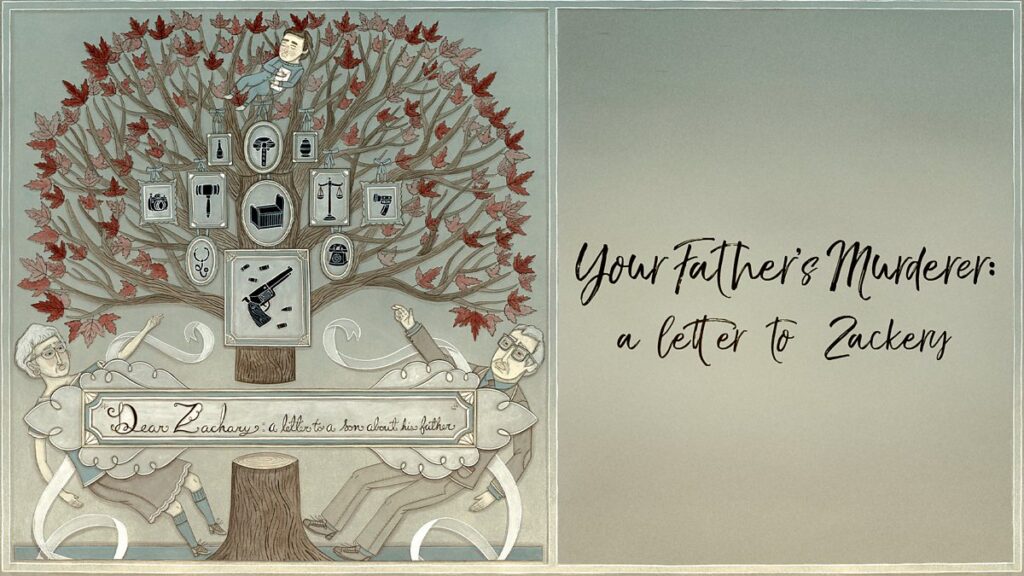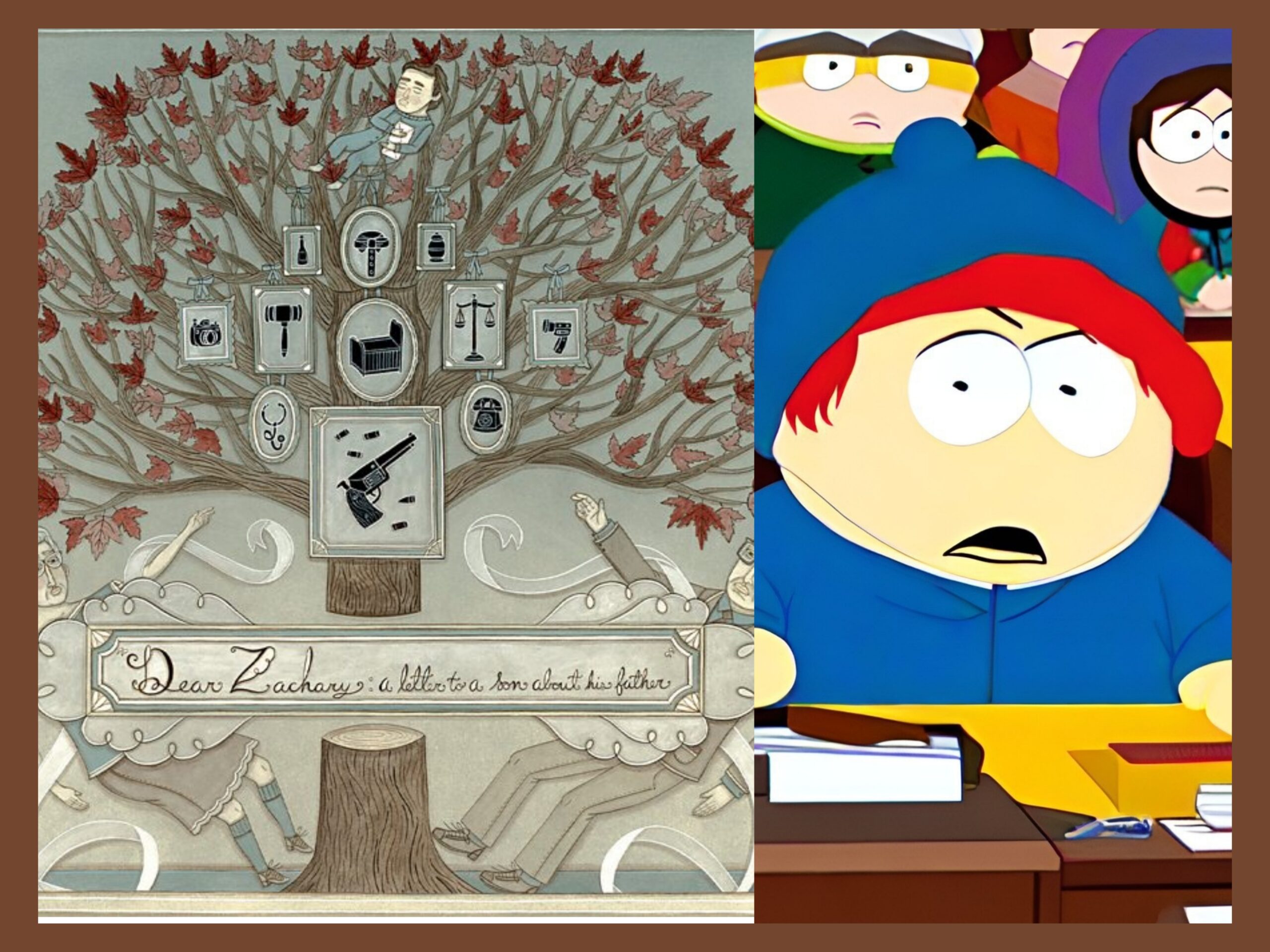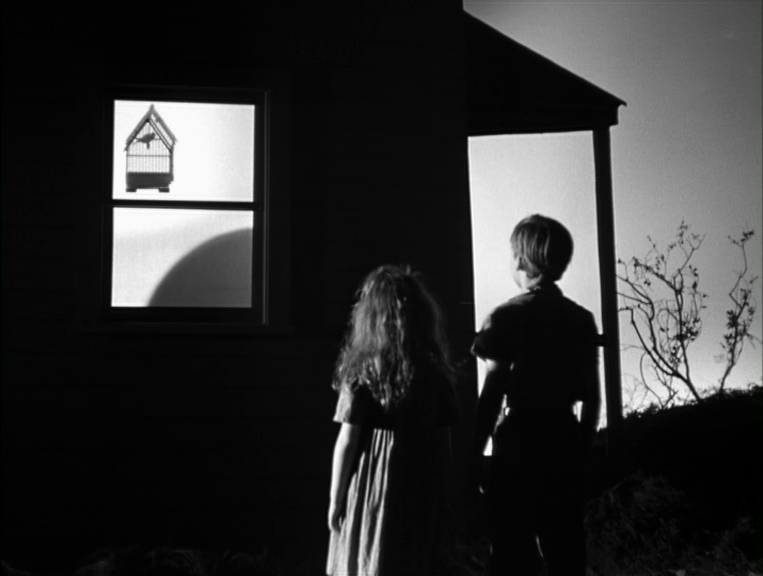Kurt Kuenne’s “Dear Zachary: A Letter to a Son About His Father” unfolds the tragic story of Andrew Bagby, a young man brutally murdered by his ex-girlfriend Shirley Turner, who was later revealed to be pregnant with his child, Zachary. The subsequent legal proceedings in Canada, which allowed Turner not only to walk free on bail but also to retain custody of Zachary, culminated in an unthinkable murder-suicide. The documentary serves as both a touching tribute and a fervent outcry against a series of unfathomable legal decisions.
As I absorbed the haunting narrative of “Dear Zachary,” my thoughts took an unexpected turn towards an unlikely reference point: the satirical song “F*ck Canada” from Trey Parker and Matt Stone’s film, “South Park: Bigger, Longer & Uncut.” At first glance, the connection might seem jarringly inappropriate – a comedic tune from an animated film linking to a real-life tragedy. Yet, beneath its layers of satire and humor, “F*ck Canada” touches on themes of a nation’s failed justice system and the search for accountability in the face of senseless events. In the context of “Dear Zachary,” the song’s refrain echoed in my mind not as a literal indictment of a nation but as a symbol of the frustration and helplessness felt by many in the face of a legal system that failed to protect its most vulnerable.
Bail Laws
The Canadian legal system’s decision to grant Turner bail and custody of Zachary, despite the gravity of her crimes, is a glaring example of systemic failure. This judicial oversight raises questions about the mechanisms of justice and the criteria deemed sufficient for the protection of children and the public. The outcry following the release of “Dear Zachary” led to amendments in Canadian bail laws, emphasizing the importance of public safety in bail considerations. Yet, for Andrew Bagby and his son Zachary, these changes came too late.
Systemic Shortcomings
In reflecting on “Dear Zachary” through the prism of “F*ck Canada,” it becomes evident that the song’s essence captures a universal desire to find a scapegoat for our collective grief and disbelief. However, the true takeaway is not about assigning blame to a country or its people but about recognizing the profound impact of legal and systemic shortcomings that can lead to tragedy. It’s a reminder of the importance of vigilance, advocacy, and reform in the pursuit of justice and safety for all.
Conclusion
The tragedy of Andrew Bagby and Zachary Turner is a stark reminder of the real human cost of legal failings. While “Blame Canada” might offer a moment of satirical reprieve, it inadvertently invites us to ponder the deeper issues at play. The documentary “Dear Zachary” does not just tell a story of loss; it is a call to action, a plea for awareness, and a demand for change. In the end, it’s not about blaming a nation but about confronting and rectifying the flaws within our systems that allow such tragedies to occur.





